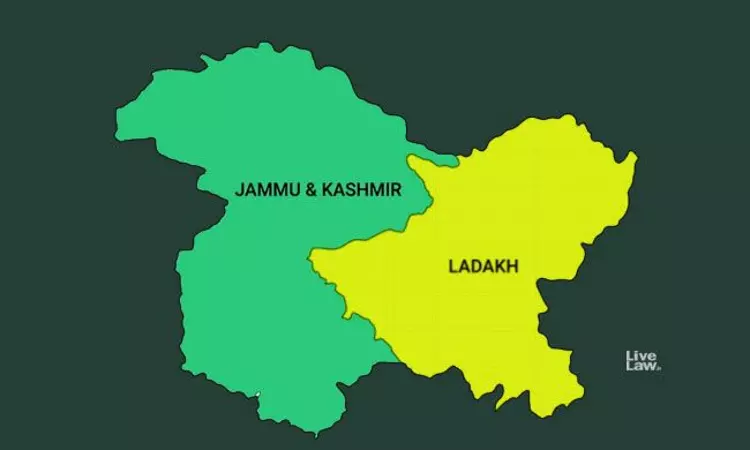Jammu & Kashmir Ceases To Be A State From Today; UTs Of J&K And Ladakh Come Into Existence
LIVELAW NEWS NETWORK
31 Oct 2019 12:15 AM IST

Next Story
31 Oct 2019 12:15 AM IST
The Jammu and Kashmir Reorganization Act, which downgrades and bifurcates the State of Jammu and Kashmir into the Union Territories of J&K and Ladakh, has taken effect from today, October 31.The Centre had notified October 31 as the 'appointed day' for the taking effect of the Act passed by the Parliament on August 6.The Act was made along with the measures taken by the Central Government...
